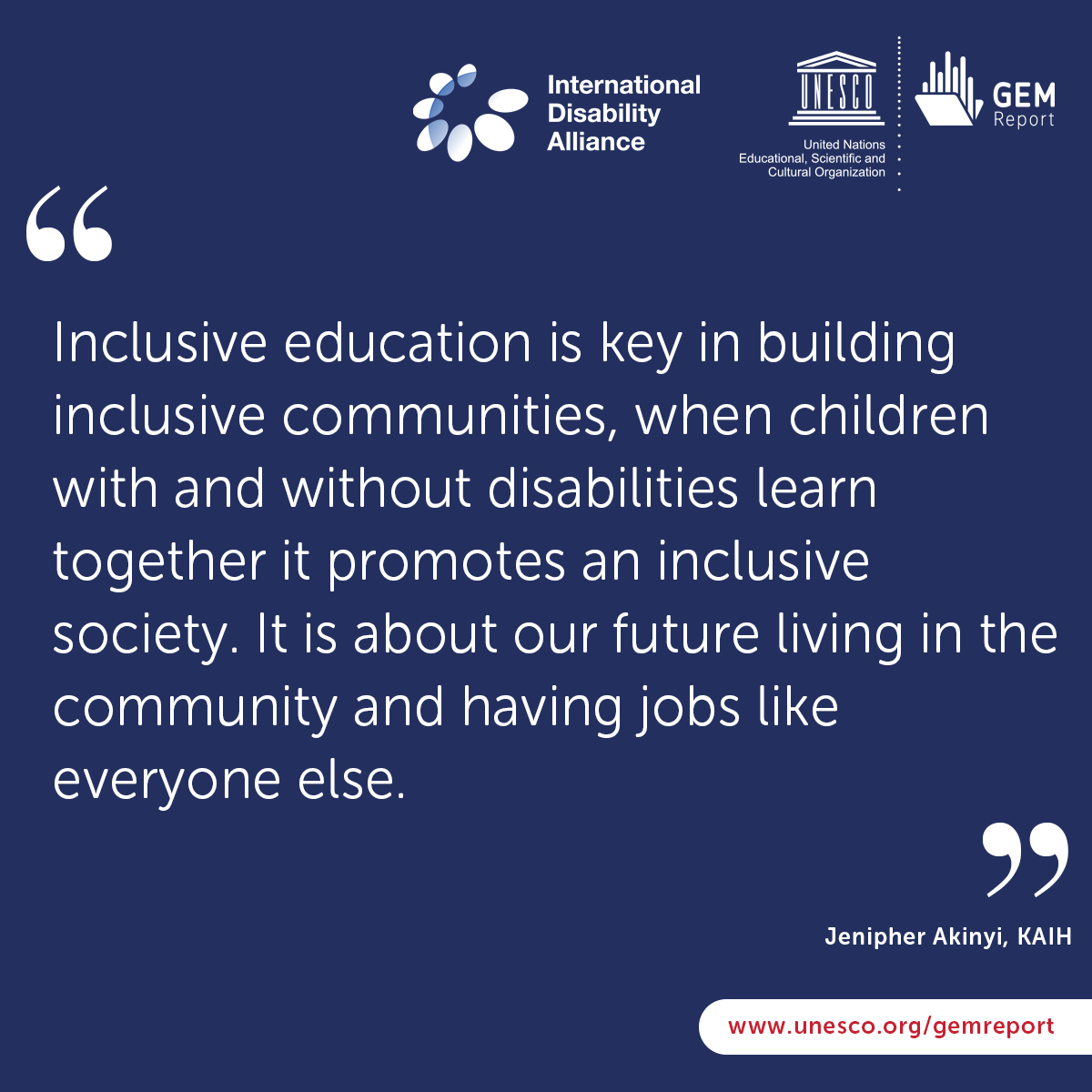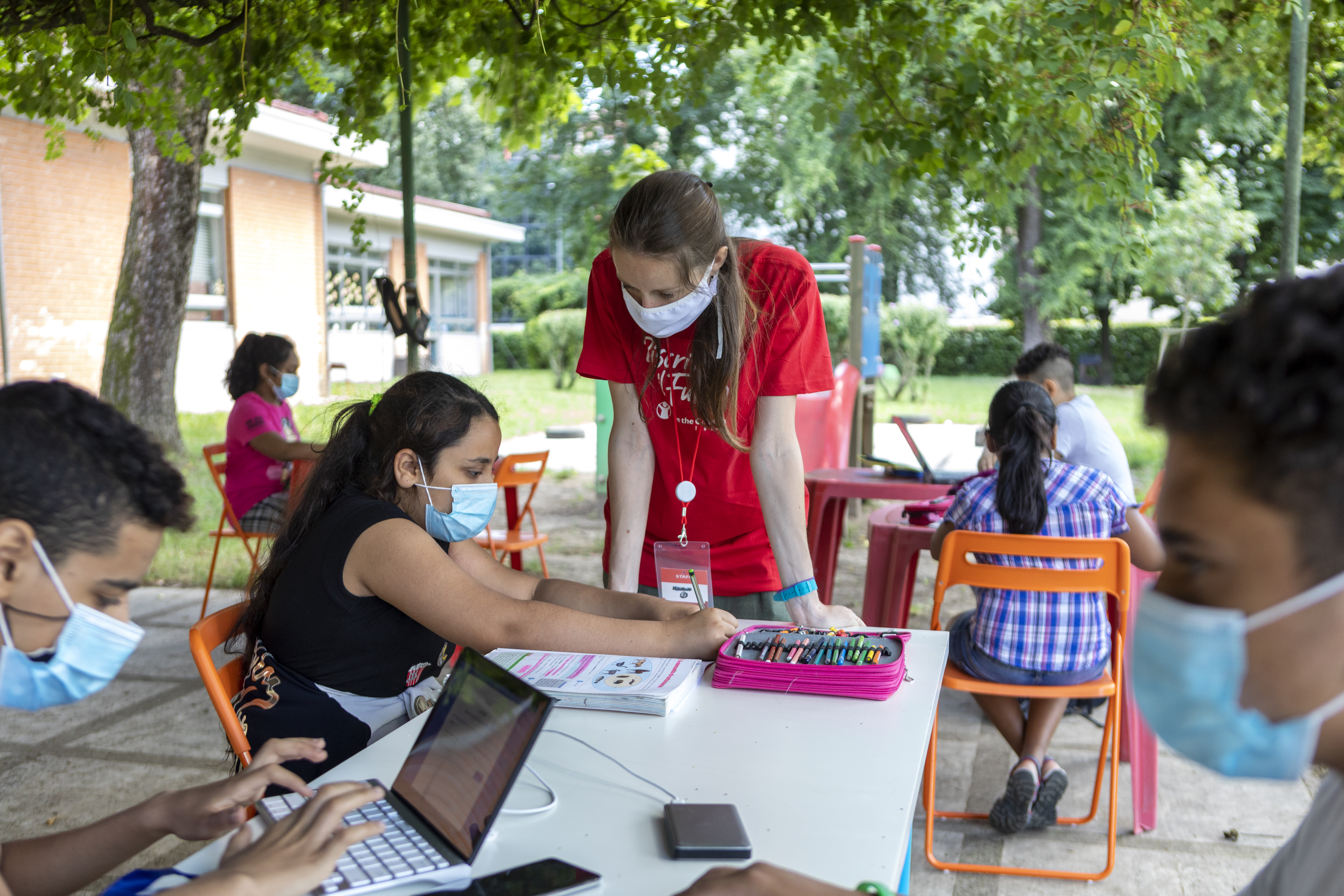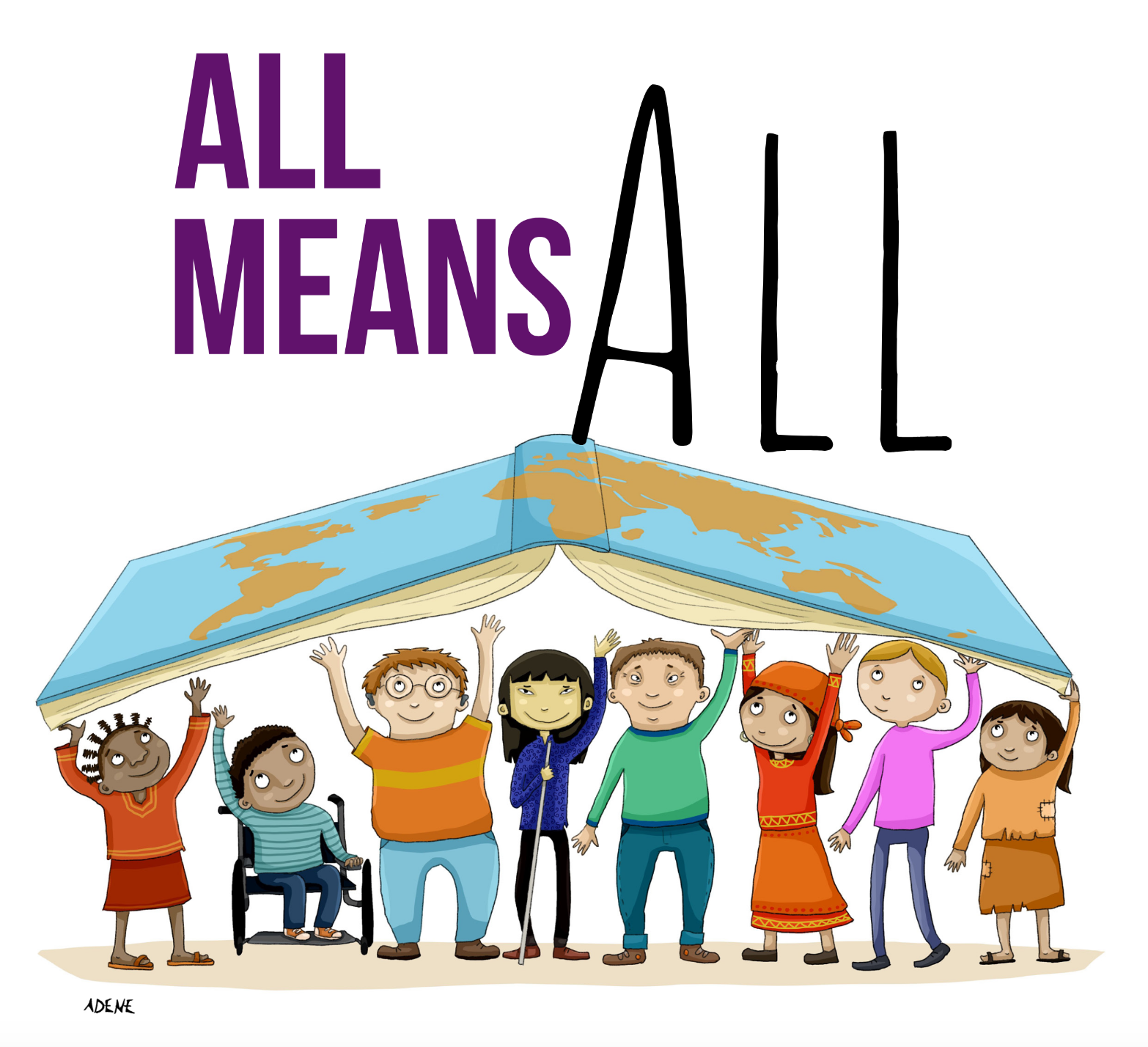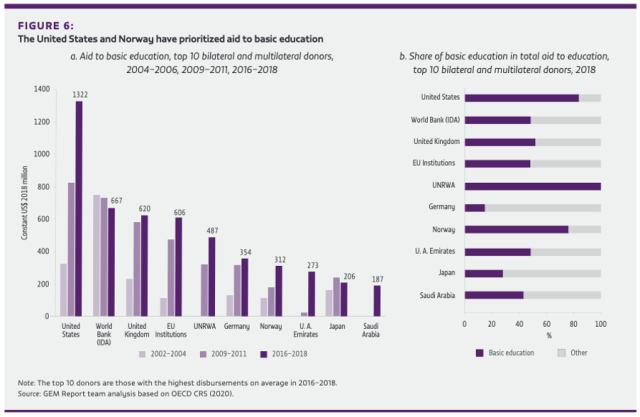By Steffi Elizabeth Thomas, Senior Research Associate, Pratham Education Foundation-ASER Centre, India and Waqas Imran, Data Analyst, Idara-e-Taleem-o-Aagahi (ITA), Annual Status of Education Report (ASER), Pakistan
There has been a global shift in focus towards the quality of education under the Sustainable Development Goal 4 (SDG 4) with the realisation that increased schooling has not translated to improvements in learning. With only a decade left for meeting the SDGs, tracking learning outcomes to gauge the progress made towards the SDG targets and their indicators, and to identify who is likely to be left behind has become imperative. This blog looks at the way that a new international assessment of numeracy launched by the People’s Action for Learning (PAL) Network can help.

In India, Pratham, through its Annual Status of Education Reports (ASER), has been reporting on foundational literacy and numeracy skills since 2005. Today, 12 other member organisation of the PAL Network based in South Asia, East Africa and Latin America carry out similar assessments. They are known as Citizen led Assessments (CLAs). These assessments are simple and easy to administer and are conducted at the household level. This has enabled understanding of learning deficits in early years of schools as well as identifying who is likely to learn less owing to individual and contextual factors.
However, findings from CLA data were not comparable across countries as each country’s CLA aligns with their corresponding national curriculum. The launch of the new International Common Assessment of Numeracy (ICAN) last July developed by the PAL Network has overcome this limitation ICAN is open-source, easy-to-administer and available in 11 languages. In its first round, ICAN was conducted in one district of each of the 13 member countries of the Network, using the household based design used by all CLAs. The tasks in ICAN are aligned to UNESCO’s Global Proficiency Framework, offering international comparability relevant to the Minimum Proficiency Level (MPL) descriptor for numeracy under SDG 4.1.1(a). ICAN thus enables tracking foundational numeracy skills of children globally and helping us understand the ways in which children are left behind.
Continue reading

 Countries committed to achieve inclusive education by 2030 and yet almost a quarter of a billion are still out of school. Of these, children with disabilities are 2.5 times more likely to never go to school. Long before the outbreak of Covid-19, organizations working across the spectrum of education and inclusion have been calling for urgent action to address the education rights of students with disabilities.
Countries committed to achieve inclusive education by 2030 and yet almost a quarter of a billion are still out of school. Of these, children with disabilities are 2.5 times more likely to never go to school. Long before the outbreak of Covid-19, organizations working across the spectrum of education and inclusion have been calling for urgent action to address the education rights of students with disabilities.
 The search is on to find an immediate solution for such an unprecedented crisis. Considering the time and resource constraints, a good solution has to fulfill a certain set of criteria. Essentially, it has to be 1) low-cost, 2) scalable, 3) easily available, 4) targeted specifically at the issue of learning losses, and 5) workable. In this regard, accelerated learning has been identified as potentially effective solution to learning losses. Pakistan has a large-scale workable model of accelerated learning underway that covers all bases already, which this blog describes.
The search is on to find an immediate solution for such an unprecedented crisis. Considering the time and resource constraints, a good solution has to fulfill a certain set of criteria. Essentially, it has to be 1) low-cost, 2) scalable, 3) easily available, 4) targeted specifically at the issue of learning losses, and 5) workable. In this regard, accelerated learning has been identified as potentially effective solution to learning losses. Pakistan has a large-scale workable model of accelerated learning underway that covers all bases already, which this blog describes. Back in May, the GEM Report asked youth around the world to submit their
Back in May, the GEM Report asked youth around the world to submit their 
 evidence and stories in the
evidence and stories in the 





